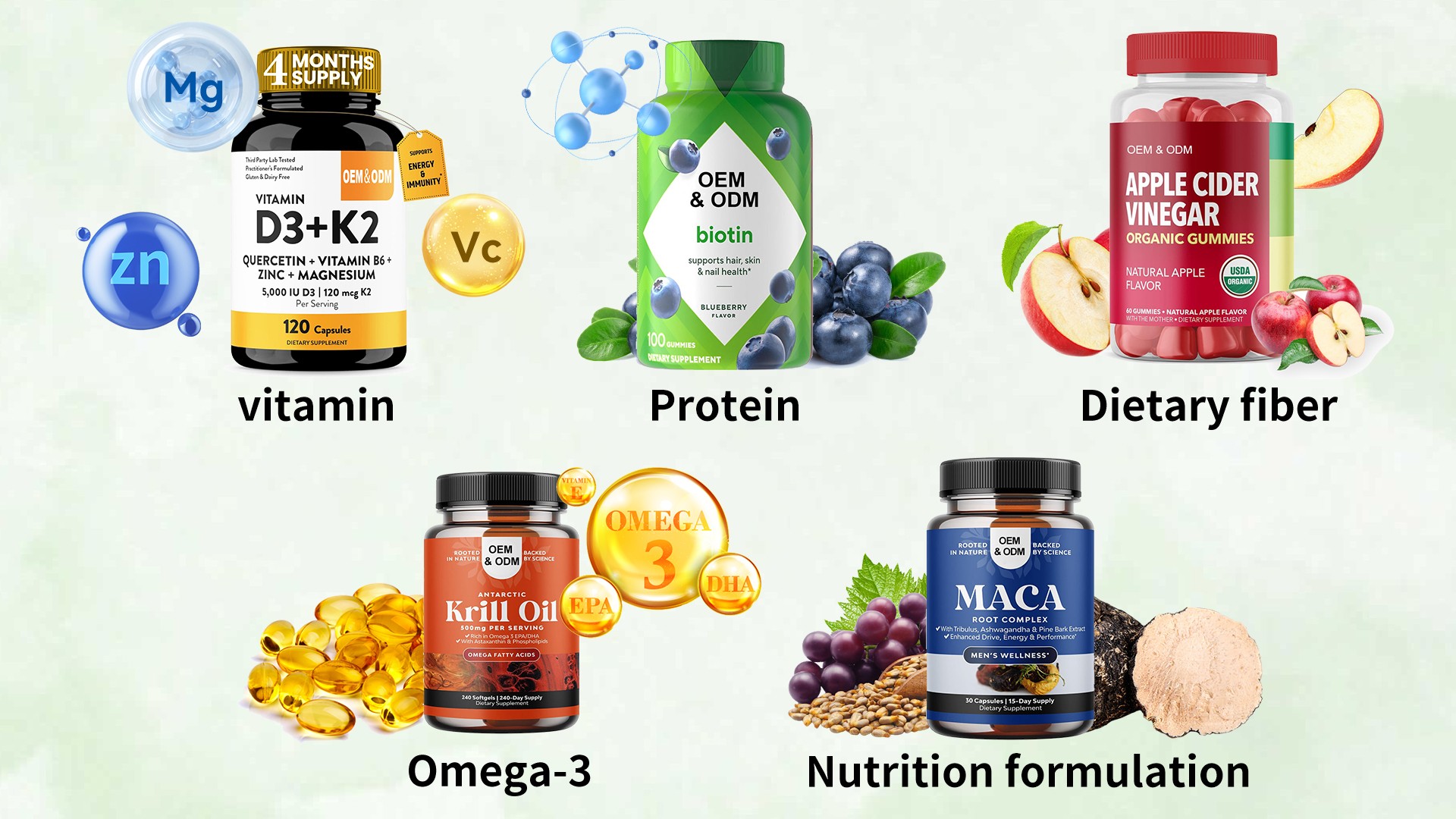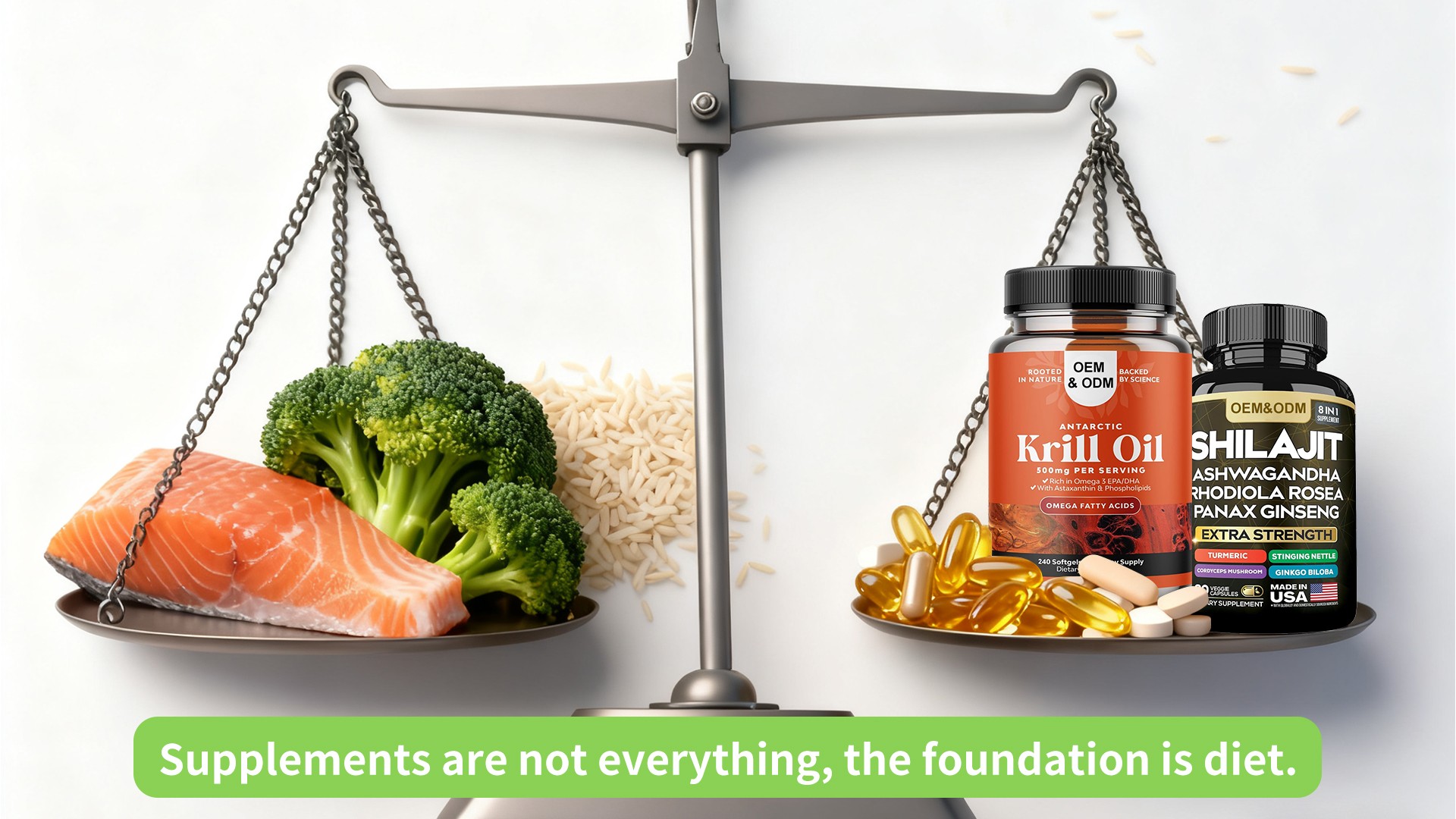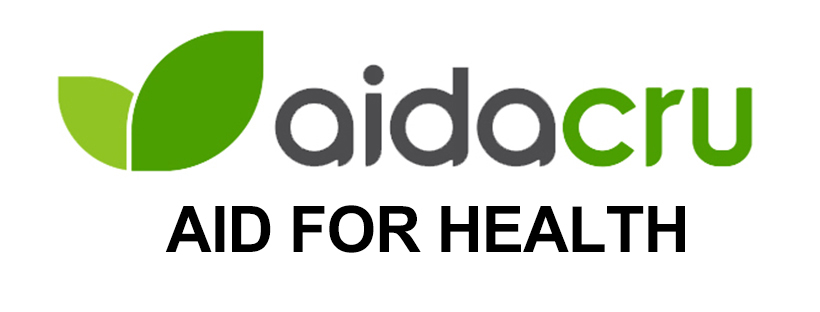With growing health awareness, dietary supplements have evolved from being a “specialized tool” for fitness enthusiasts to becoming part of everyday life for many households. They can help fill nutritional gaps in the diet, improve overall well-being, and even provide supportive benefits for specific health concerns.
However, the wide variety of supplements can be overwhelming—how do you choose and use them safely and effectively? This article provides a clear guide, covering the scientific basis, common types, and practical applications of dietary supplements.

What Are Dietary Supplements?
Dietary supplements are intended to complement the daily diet and cannot replace medications. They are primarily used to provide essential nutrients that may be insufficient in the diet, such as vitamins, minerals, amino acids, and more. These nutrients are typically derived from natural plant or animal extracts or produced through safe manufacturing processes. Common forms include capsules, powders, tablets, or liquids, making them convenient for daily use.

Common Types and Their Functions
Vitamins and Minerals: Such as vitamin C, vitamin D, calcium, and iron, which help fill dietary gaps and support immune function and bone health.
Protein Supplements: Including whey protein and soy protein, used to aid post-surgery recovery, maintain muscle mass in the elderly, and support muscle growth for fitness enthusiasts.
Dietary Fiber Supplements: Improve gut function, relieve constipation, and support a healthy gut microbiome balance.
Omega-3 Fatty Acids: Promote cardiovascular health, reduce inflammation, and improve skin and joint conditions.
Complete Nutritional Formula Foods: Provide comprehensive nutrition for individuals with limited digestion or those unable to eat normally.

Why Use Dietary Supplements?
The use of dietary supplements can generally be categorized into three situations:
Essential Supplementation: For example, taking folic acid during pregnancy or preconception, vitamin D for infants, or iodine for the general population.
Filling Gaps or Meeting Special Needs: Such as vitamin D for people with limited sun exposure, vitamin B12 for the elderly, or fiber for those with constipation.
Blind or Excessive Use: Following trends without purpose or taking improper doses — this practice should be approached with caution.
Popular Nutritional Supplements
Vitamin D: Supports bone health, immune regulation, and helps in chronic disease management.
Omega-3: Includes EPA and DHA, which can lower triglycerides, protect heart health, and reduce inflammation.
Probiotics:Improve gut microbiota, relieve lactose intolerance, and enhance immune function.
Glutathione: Acts as an antioxidant, supports liver protection, and boosts the immune system.

Who Needs Dietary Supplements?
Women in Special Physiological Stages: During pregnancy, breastfeeding, or menopause, supplementation of folic acid, iron, calcium, and vitamin D is recommended.
Elderly Individuals: Due to decreased digestion and absorption, calcium, vitamin D, and protein supplementation is advised.
Dieters and Vegetarians: May be deficient in B vitamins, iron, calcium, and other nutrients.
Special Occupational Groups: People in high-heat environments or offshore work with limited diets may require additional supplementation.
Recovery Patients: Individuals undergoing surgery, chronic illness, or long-term medication may need targeted nutritional support.
People Under Chronic Stress: Higher risk of nutrient depletion, requiring attention to B vitamins, magnesium, and other key supplements.

Supplements vs. Natural Foods
Advantages of Natural Foods: Nutrients exist in complex combinations, work synergistically, and have high safety.
Advantages of Supplements: Highly targeted, suitable for quickly addressing specific nutrient gaps.
Dietary supplements are tools for health management, but they are not a substitute for overall health. The true foundation remains a balanced diet, regular routine, moderate exercise, and a positive mindset. On this basis, choosing and using supplements wisely allows science and daily health to complement each other effectively.





